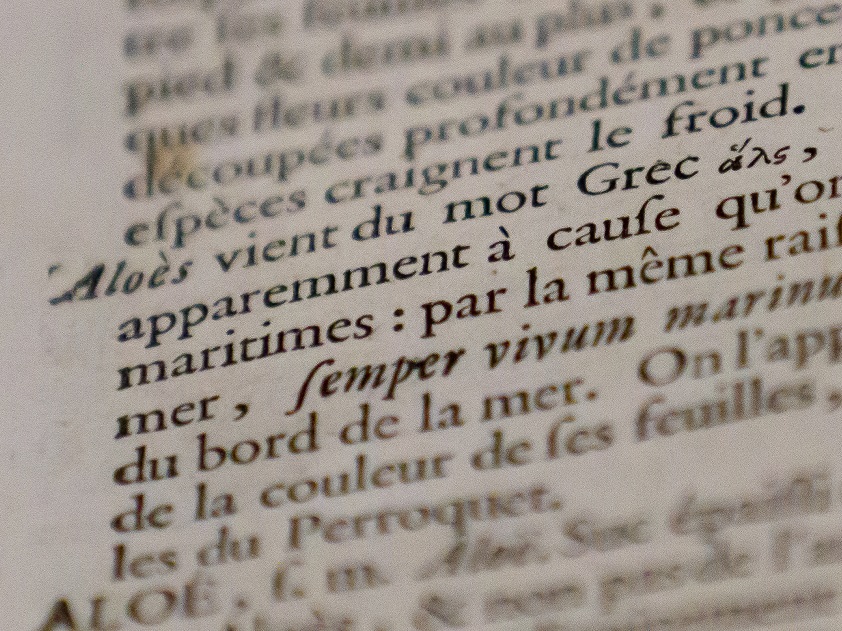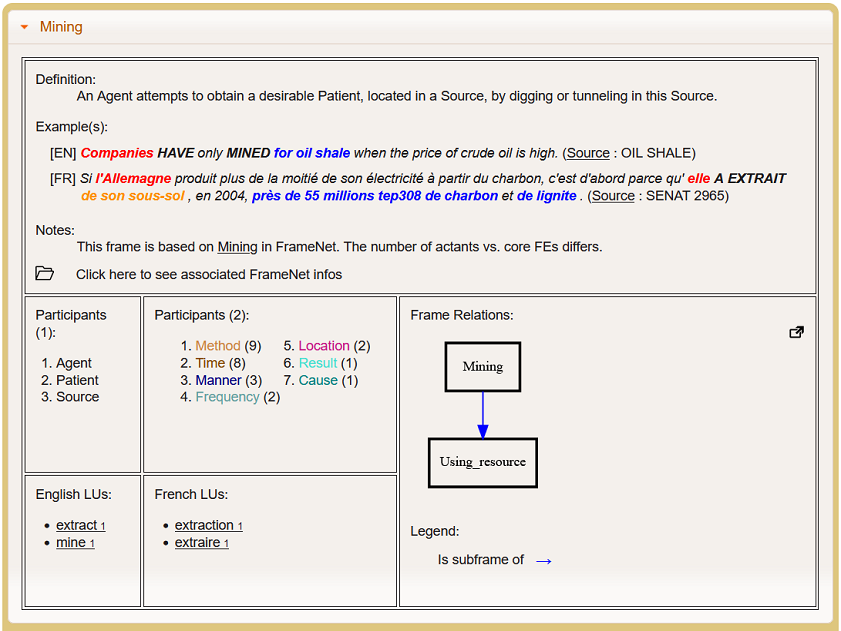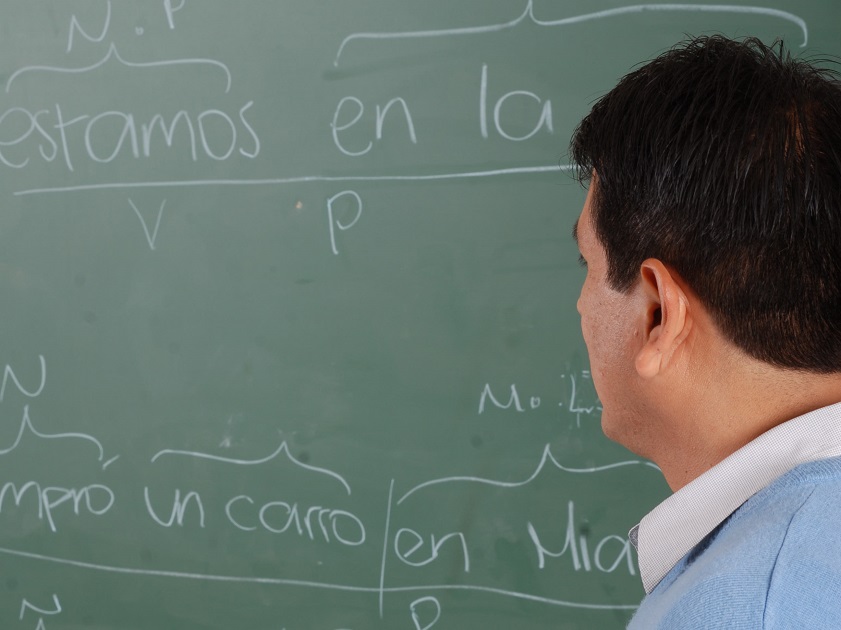
Welcome to the Observatoire de linguistique Sens-Texte
—
The approach taken by members of the Observatoire de linguistique Sens-Texte (OLST) to study the lexicon (general and specialized) is original in more than one way and is aimed towards three objectives:
- Address theoretical issues that underlie the various and complex properties of the lexicon.
- Develop and disseminate monolingual and multilingual resources (lexical and terminological databases as well as text corpora).
- Devise methods to apply this work to various applications (in language teaching, for instance).
Research projects are divided into multiple axes and aim to study the lexicon from the various perspectives that correspond the expertises of the members of the team.

Lexicology and lexicography
This axis represents the main theoretical backbone of the group. Projects are based on the insights of previous research and address four different topics: 1. lexicographical and terminological methodology; 2) graph structures of computational lexicons, 3) multilingual perspective (French, English, Korean, Spanish and Mandarin), 4) place of the lexicon in the syntax-semantic interface.

Terminography
Within this axis, three topics are particularly important for the work carried out by members of our group, and more generally, for research in terminology and terminography: 1. modelling of semantic relations between terms; 2. links between general and specialized dictionaries; 3. multilingual terminography.

Corpus processing
Work carried out within this axis deals with the problem of accessing linguistic data; it is used in most of our research projects. Here, three specific topics are dealt with: 1. automatic and semi-automatic structuring of terminological data; 2. formal annotation of corpora; 3. identification and description of transdisciplinary vocabulary.

Language learning
Previous research and collaborations address mainly three specific topics: 1. teaching and learning of lexical knowledge based on sophisticated lexical models; 2. design and validation of learning activities for the acquisition of lexical knowledge; 3. didactic tools based on lexical models in order to support teaching activities.

Documentary applications
Documentary resources in the broad sense can include both textual documents and visual, audio, or audio-visual resources. For textual documents in digital format, natural language processing (NLP) and document mining techniques are valuable tools for exploiting the content of documents.
The documentary application of NLP has therefore been growing rapidly since the early 1990s, with the advent and democratization of the web. This research axis at OLST has two objectives:
- develop tools and resources to make more effective use of the linguistic content of documentary resources
- exploit existing technologies for the purposes of exploration or management of documentary resources
For other types of data (visual, etc.) linguistic processing can still be interesting when applied to the metadata associated with these resources. These types of documents are therefore sometimes the subject of OLST members’ research projects.
Since 2003/2004, the group has devoted a lot of energy in order to disseminate freely resources developed by its members. Various resources are now available: 1. lexical databases that contain formal descriptions of the general lexicon and specialized terms in specific fields of knowledge (e.g., computing and the environment); general and specialized corpora along with tools to process them (e.g., term extractors, concordancers); 3. language learning resources and various search modules that can query the lexical systems devised by the group in a user-friendly way.
The Observatoire de linguistique Sens-Texte (OLST) research group was founded in 1997 at the Department of Linguistics and Translation of Université de Montréal. It has been headed by Igor Mel’čuk, then by Alain Polguère. Its current Director is François Lareau.
Work conducted at the OLST concerns three language-related disciplines that are often studied independently: linguistics, terminology and didactics.
The main originality of the OLST lies in its bringing together of three categories of researchers united by a shared interest in formal modelling of linguistic phenomena. Although some research projects are not strictly defined within the Meaning-Text linguistic theory (which gave its name to the research group), the work conducted at the OLST revolves around the same general approach, in a way that is both flexible (allowing for evolution of the theoretical and methodological foundations) and consistent (maintaining a convergence of research goals and the general vision of language).
Between 2004 and 2008, The OLST has been awarded a grant from the Fonds de recherche sur la société et la culture (FQRSC). This grant has been renewed for a two additional periods of four years (2008-2012 and 2013-2017).
